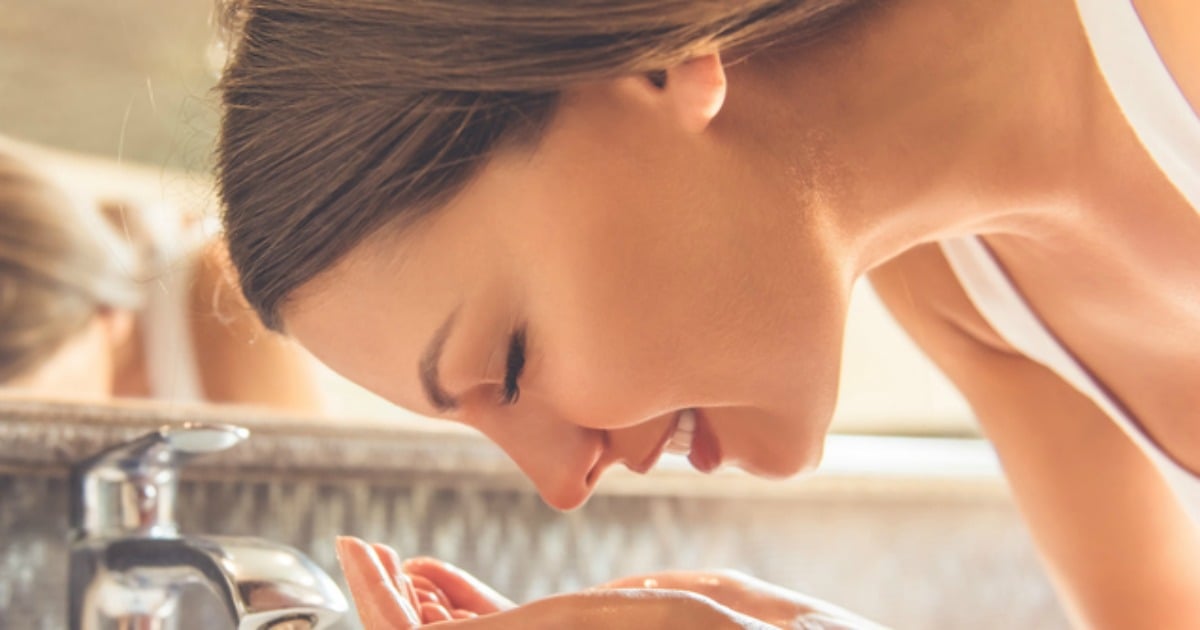It’s the ever-forgotten, not-quite-sure-if-it’s-necessary step in your skincare regimen.
But honestly, toner gets a bad rap. There are lots of options promising all sorts of results, and – at the end of the day – it feels like water in your hands and your not quite sure of the difference it’s making.
Here’s what you need to know about toner and what it does for your skin.

First off, what is toner and how do you use it?
Typically, toner is a water-based formula that contains active ingredients designed to address specific issues - maybe chamomile or rose water for increasing hydration and enhancing radiation.